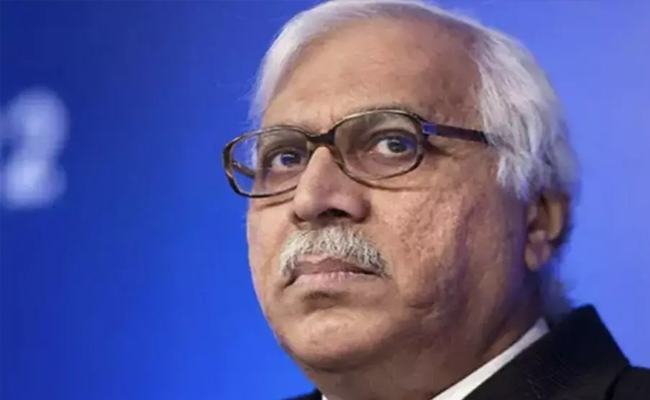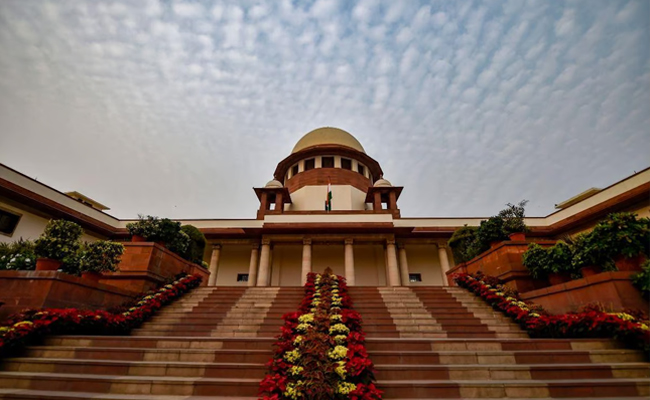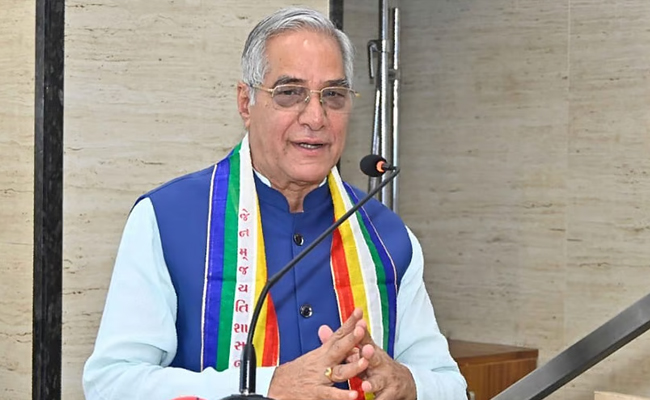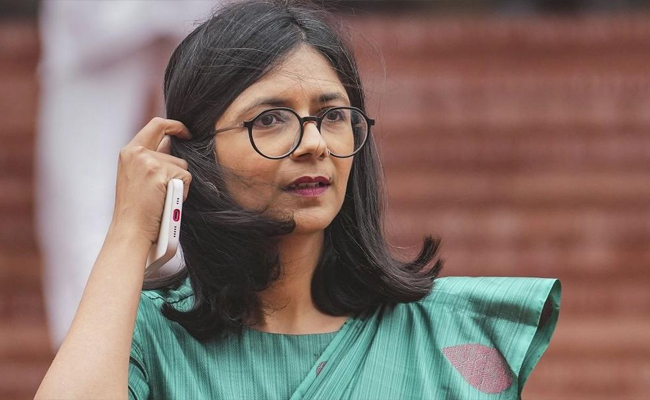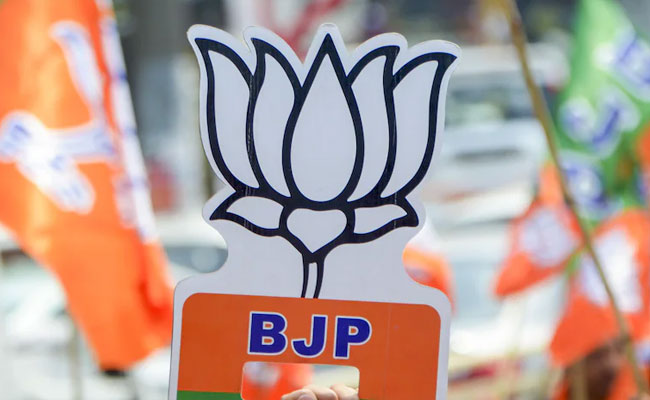New Delhi: Former Chief Election Commissioner (CEC) SY Quraishi has expressed concern over the significant variation between the provisional and final voter turnout figures in the recently concluded Maharashtra Assembly elections.
The state went to polls on November 20, with the voter turnout recorded at 55% by 5 pm. However, the final turnout, announced the following day, rose to 67%, marking the highest figure in nearly three decades.
In an interview with India Today, Quraishi, who served as CEC from 2010 to 2012, termed the discrepancy "worrying." He explained that voter turnout figures are typically recorded in real-time using Form 17A, where voters' attendance is marked by the presiding officer. At the end of the polling day, Form 17C is completed, documenting the total votes cast, with signatures from candidates' agents.
"The data is generated on the same day. How it changes significantly the next day is something I fail to understand," Quraishi said, urging the Election Commission to address the issue. He warned that such discrepancies could erode public trust in the electoral process, stating, "If doubts spread across the country, it could undermine the entire system."
The opposition had raised similar concerns during the May 2024 Lok Sabha elections, pointing out discrepancies of 5-6% between initial and final turnout figures. The Association for Democratic Reforms (ADR) had filed a petition in the Supreme Court seeking polling station-wise turnout data to be released within 48 hours of each phase.
However, the Supreme Court declined the plea, citing practical challenges, while the Election Commission argued that such disclosures could lead to logistical complications.
The Election Commission is yet to respond to the concerns raised regarding the Maharashtra election data.
Let the Truth be known. If you read VB and like VB, please be a VB Supporter and Help us deliver the Truth to one and all.
New Delhi (PTI): The Supreme Court would on Thursday hear a plea for the restoration of statehood to Jammu and Kashmir.
A bench of Chief Justice of India B R Gavai and Justice K Vinod Chandran is likely to hear the matter, according to the causelist.
On December 11, 2023, the Supreme Court unanimously upheld the revocation of Article 370, even as it ordered that assembly elections be held in Jammu and Kashmir by September 2024 and its statehood be restored "at the earliest".
Last year, a plea was filed in the top court seeking directions to the Centre for the restoration of statehood to Jammu and Kashmir within two months.
The application was filed by Zahoor Ahmad Bhat, an academician, and Khurshaid Ahmad Malik, a socio-political activist.
"It is submitted that the delay in the restoration of statehood would cause serious reduction of democratically elected government in Jammu and Kashmir, causing a grave violation of the idea of federalism which forms part of the basic structure of the Constitution of India," the application said.
The assembly elections and the Lok Sabha polls were conducted peacefully in Jammu and Kashmir without any incident of violence, disturbance or any security concerns being reported, it said.
"Therefore, there is no impediment of security concerns, violence or any other disturbances which would hinder or prevent the grant/restoration of the status of statehood to Jammu and Kashmir as had been assured by the Union of India in the present proceedings," the plea said.
The non-restoration of the status of statehood of Jammu and Kashmir, the plea said, would result in a lesser form of elected democratic government to the state, particularly given legislative assembly results were declared on October 8, 2024.
Despite the apex court's directions for the restoration of statehood to Jammu and Kashmir "at the earliest and as soon as possible", no steps have been taken by the Centre to provide any timeline for the implementation of such directions, it claimed.
"Jammu and Kashmir is being operated as a Union Territory for a period of almost five years now, which has caused many impediments and grave losses to the development of Jammu and Kashmir and has affected the democratic rights of its citizens," the plea added.
In its December 2023 verdict, the apex court held that Article 370, which was incorporated in the Indian Constitution in 1949 to grant special status to Jammu and Kashmir, was a temporary provision. The President of India was empowered to revoke the measure in the absence of the Constituent Assembly of the erstwhile state whose term expired in 1957, the court said.

